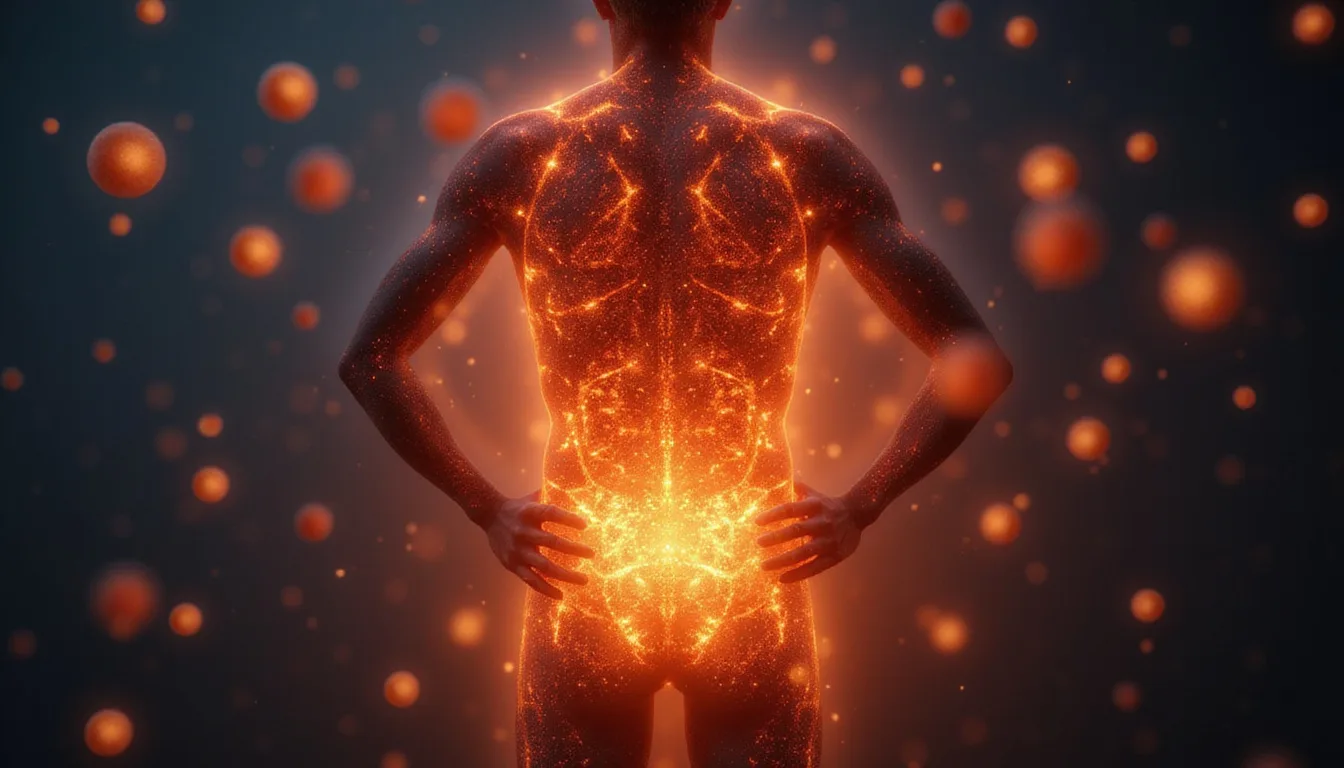
When you aim for a lean body and greater muscle, know your macronutrients. Your body needs protein while its carbs stay low. This plan helps you burn fat and repair muscle. In this article, we list low carb protein sources, list their benefits, and show how to use them in your meals.
Why Choose Low Carb Protein?
Low carb protein works well on diets where carbs drop, like keto or low-carb plans. When you cut carbs, your body uses fat for fuel. Protein helps keep your muscles when you lose weight. It also makes you feel full.
Eating enough protein and few carbs supports muscle growth. Protein gives the amino acids you need after a workout. When paired with strength training, low carb protein helps you build muscle without extra fat.
Top Low Carb Protein Sources
Choosing the right proteins can boost your results. Here are some top low carb choices:
1. Lean Poultry
• Chicken breast: A lean protein that gives 31 grams of protein with 0–1 gram of carbs per 100 grams.
• Turkey: Like chicken, turkey breast gives high protein and low carbs for muscle growth.
2. Fish and Seafood
• Salmon: Rich in omega-3 fats, it gives about 20 grams of protein per 100 grams and no carbs.
• Tuna: With 25 grams of protein and almost no carbs, tuna fits many meals like salads or wraps.
• Shrimp: A low-calorie choice that provides roughly 24 grams of protein and almost no carbs.
3. Eggs
Eggs are a low-cost, packed source of protein. One large egg brings about 6 grams of protein with less than 1 gram of carbs. They help repair muscles and keep you full longer.
4. Dairy and Dairy Alternatives
• Greek yogurt (unsweetened): It brings about 10 grams of protein and 3–4 grams of carbs per 100 grams. Stick to plain types to keep carbs low.
• Cottage cheese: With 11 grams of protein and 3 grams of carbs per 100 grams, it helps build muscle.
• Cheese: Hard cheeses like cheddar provide near 25 grams of protein per 100 grams with few carbs.
5. Red Meat
• Beef: Cuts like sirloin or tenderloin bring about 26 grams of protein with almost no carbs per 100 grams.
• Lamb and pork: These meats work in a similar way, but choose lean cuts to keep fat low.
6. Plant-Based Low Carb Protein
For those who do not eat meat, try plant proteins:
• Tofu: It gives 8 grams of protein and 2 grams of carbs per 100 grams.
• Tempeh: This soy food provides 19 grams of protein and 9 grams of carbs per 100 grams.
• Seitan: A wheat protein that offers 21 grams of protein with 2 grams of carbs per 100 grams.
• Nuts and Seeds: Almonds, pumpkin seeds, and chia seeds give moderate protein and few net carbs.
Benefits of Low Carb Protein for Weight Loss and Muscle Gain
Low carb protein helps in several ways:
-
More Fat Loss
Cutting carbs pushes your body to burn fat. With a high intake of protein, your muscle mass stays strong. This supports a high metabolic rate and a better body shape. -
Better Muscle Repair and Growth
Protein supplies the amino acids needed after a workout. With low carb protein, you get enough quality protein without extra carbs that may add fat. -
Increased Fullness
Protein digests slowly. This slow pace makes you feel full and helps you cut back on extra snacks. -
Steady Blood Sugar
Low carb protein has few extra sugars. It keeps your blood sugar steady and avoids extra insulin, which helps with fat loss and a steady metabolism.
How to Include Low Carb Protein in Your Diet
Using low carb protein in your meals stays simple. Try these pointers:
• Plan balanced meals: Use lean meat, fish, or plant proteins as a base. Add non-starchy vegetables to boost fiber and vitamins.
• Pick smart snacks: Use snacks like hard-boiled eggs, Greek yogurt, or cheese to keep your protein steady during the day.
• Prepare meals in advance: Cook large batches of grilled chicken or roasted salmon. This helps you have a quick, low carb protein ready.
• Choose supplements with care: Whey or plant protein powders can be handy; pick those with few added sugars.

Sample Low Carb Protein Meal Plan
| Meal | Protein Source | Carbs (approx.) | Notes |
|---|---|---|---|
| Breakfast | 3 scrambled eggs | 1g | Add spinach for extra fiber |
| Snack | Greek yogurt (unsweetened) | 3g | Top with chia seeds |
| Lunch | Grilled chicken breast | 0g | Serve with steamed broccoli |
| Snack | Handful of almonds | 2g | Brings healthy fats and protein |
| Dinner | Baked salmon | 0g | Serve with a side of asparagus |
Frequently Asked Questions (FAQ)
Q1: What are some low carb proteins I can find easily?
A: Chicken breast, eggs, salmon, tuna, Greek yogurt, and cottage cheese come to mind. They are common and fit most budgets.
Q2: Can a low carb vegetarian diet get enough protein?
A: Yes. Tofu, tempeh, seitan, and nuts help you reach your protein needs. Paired with vegetables, they keep your meals balanced.
Q3: Is low carb protein good for muscle gain?
A: Yes. Low carb protein offers the amino acids needed for muscle repair and growth while keeping extra carbs very low.
Expert Insight
Research from the National Institutes of Health shows that diets with more protein and fewer carbs help lose extra fat while keeping muscle intact. This finding shows the value of choosing proteins that work with low carbs for a fit body.
Conclusion
Adding low carb protein to your meals is a strong plan if you want to lose weight and build muscle. Whether you like lean meats, dairy, seafood, or plant proteins, focusing on protein with few carbs can help you get a leaner, more muscular look. Try the protein sources mentioned above, test new recipes, and track your progress.
Ready to push your fitness journey forward? Start by placing low carb protein at the heart of your meals and feel the benefits of fat loss, muscle growth, and steady energy. Your body and self-confidence will thank you!
[center]Always consult with your doctor prior to making drastic diet changes.[/center]
[center]As an Amazon Affiliate, Savvy Keto makes a small commision (at no extra cost to you) on any purchases you make thru affiliated links you click on.[/center]




